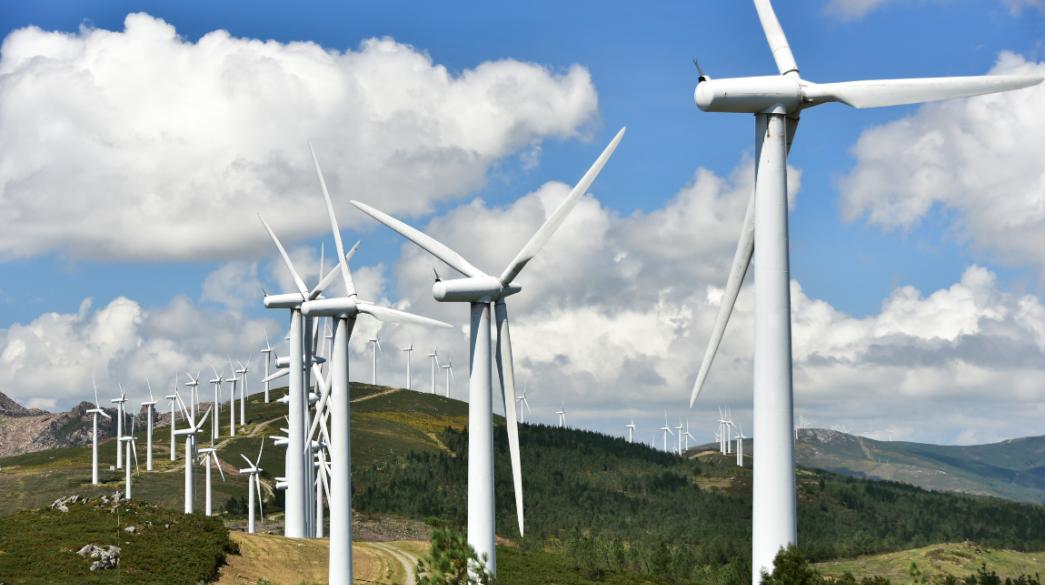In comments to Business Daily, Lagakos points out that the global investments drove for renewable energy sources (RES) and rising CO2 emissions rights prices are supporting growth in wind power. A new bill Greece is working on, aimed at reducing the time needed to issue permits for wind installations, is expected to provide a further push to the sector.
Some seven years are needed in Greece to build a wind park, double the European average. The bill, expected to be completed early in 2020, targets a much faster process though doubts remain as to whether Greece can reduce it to two years, as instructed by European directives.
"Wind farm projects typically entail long lead times. This means that the tangible impact of the new legislative improvements is hard to be imminently seen in the market," said Lagakos.
"Nevertheless, it is clear that many factors - both domestic and international - are indicating towards new records and milestones for the Greek renewable energy sector going forward," he added.
Developments in technology are also providing wind energy with more momentum. Wind turbines are getting bigger, offering better performance, while wind towers now reach more than 150 meters in height, as opposed to 20 meters, as was the case more than two decades ago.
A strong year in wind energy in 2020 would help Greece take a significant step forward in meeting RES goals set out in its recently prepared National Energy Plan. According to the blueprint, total wind energy in Greece is forecast to reach 4.2 GW in 2022 and 7GW in 2030. Given that 400 MW of wind parks were added to the country's energy map in 2019, boosting the total capacity to well over 3GW, the 2030 target seems to be attainable, based on current conditions.



